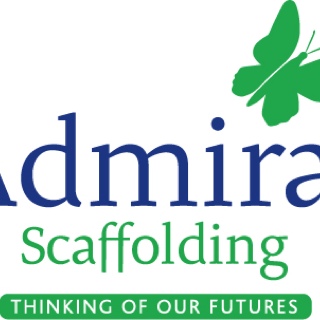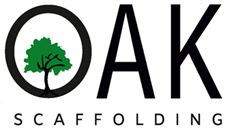Information
-
Document No.
-
Client / Site
-
Conducted on
-
Prepared by
-
Location
-
Plot Numbers
-
Are there TG20 Compliance sheets or design drawings available?
-
Have the Scaffolds been built in accordance with the compliance sheets or design provided?
Footings
-
Are the footings provided by the client suitable for the pending loads?
-
Are sole boards in place and at the correct dimensions?
-
Have base plates been used?
Standards
-
Are the standards correctly plum and within the allowed erection tolerance?
-
Are the joints staggered?
-
Are the standard spacing's to Table 1 of TG20 and within the allowable erection tolerance?
Ledgers
-
Are the Ledgers correctly plum and within the allowed erection tolerance?
-
Are the joints staggered?
-
Are the lift heights within the allowed erection tolerance?
Transoms
-
Are the transoms of the correct length and do they protrude 25mm past the coupler?
-
Is there a transom fitted within 300mm of the node point at ledger braced standards?
-
Are the transoms spaced correctly on boarded and non boarded lifts?
Ledger, Façade and Plan Bracing
-
Is all bracing connected within 300mm of the node point?
-
Is all bracing set at the correct intervals?
-
Is all bracing connected using load bearing fittings?
Ties
-
Are all ties been set at the frequency of the compliance sheets or design drawing?
-
Have primary pull tests been carried out?
-
Have proof pull tests been carried out?
-
Where ties cannot be used is another system in place to retain the scaffold?
Boarded Lift
-
Are the boards in good condition with no excessive splits, or notches?
-
Is the working platform free from gaps and trip hazards?
-
Are all boards 8ft and under secured once and 6ft boards and under boards secured twice to prevent movement?
-
Do all inside standards protrude 1mtr above the working platform?
-
Are all inside boards secured to prevent movement?>
-
Are the boards supported by at least 50mm past their last support and not exceeding 150mm?
Handrails, Toe Boards & Brick Guards
-
Are Handrail and toe boards fitted where there is a risk of persons or materials falling?
-
Are the handrails at the correct height 950mm with a gap not exceeding 470mm between the toe board and the handrails?
-
Are the handrails and toe boards correctly fixed (toe boards over 2 standards) and are the joints not in the same bay as the ledgers below?
-
Are the brick guards in good condition and correctly secured?
Ladder/ stair access
-
Are the ladders on a firm and even base and supported only by the stiles?
-
Are the ladders correctly secured with either lashing or single fittings that wrap around the stiles?
-
Do the ladders protrude at least 1.05mtrs above the working platform? where this is not possible is there an adequate handhold provided?
-
Are the stair treads in sound condition and free from hazards that could cause harm?
-
are the stair treads fixed securely with no movement?<br>
-
Are all the Half landings complete with Handrails and toe boards?
Housekeeping
-
Are all the spare materials in a neat and tidy condition?
-
Is there a adequate storage area for the spare materials on site? is it in a workable condition?
Signage & Barriers
-
Is there signage on display to warn other site users?<br>Loading bay signs/ men working over head/ scaffold incomplete.
-
Are there Physical Barriers in use?
SG4:10
-
Does the scaffold appear to be erected in accordance with SG4:10?<br>Are there single guardrails on all non working lifts?<br>Is there a ladder access in place for the scaffold erectors to use?
Recommendations & Conclusion
-
Quality of fittings
-
Quality of boards
-
Quality of ladders
-
Quality of tube
-
Quality of ladder gates/ hatches
-
Quality of loading bay gates.
-
Other areas covered in this report.
-
Signature:












